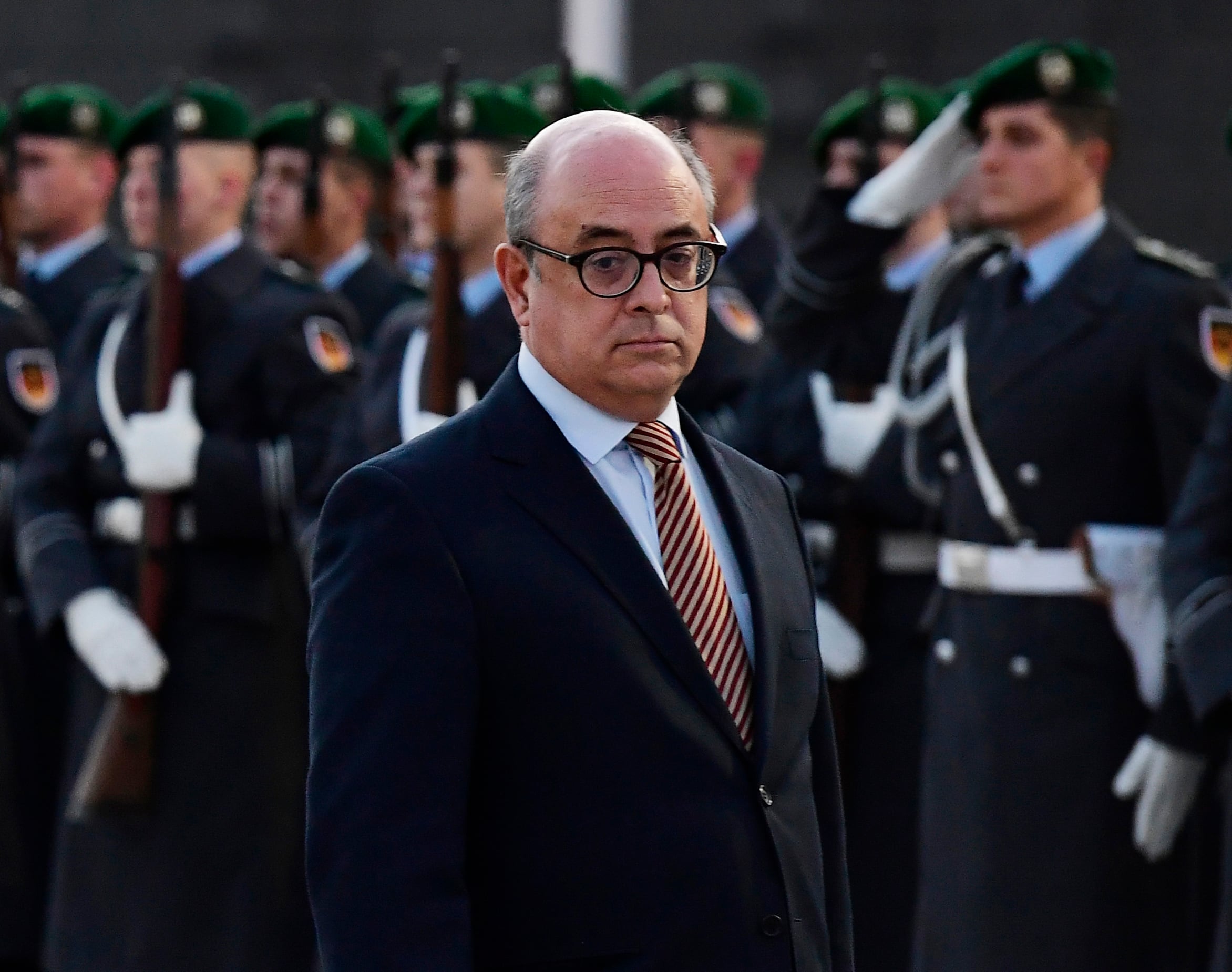Ensuring a successful NATO summit requires getting the fundamentals right. Namely, NATO should focus on the ongoing and real threat from Russia at the Brussels Summit, and European allies should continue to show improvements in defense spending.
NATO was founded as an alliance to defend the territorial integrity of the member states. Everything else NATO undertakes must be secondary to its raison d'être. Today, the alliance has its hands full. Russia represents a real and potentially existential threat to NATO members in Eastern and Central Europe and a significant threat and challenge to the rest of the alliance.
This year’s summit has been billed as taking a 360-degree view of threats. Rightly so, as Russia represents a challenge to NATO in the Arctic, Baltic, Black Sea, north Atlantic and Mediterranean.
But for some members, 360 degrees means looking only to the south, with hopes NATO will retool to help tackle the migrant crisis and terrorism.
For more on the NATO summit, click here.
This would be a mistake ― the alliance is not the proper tool to deal with these issues, nor is it the proper function of the alliance. The destabilizing aftershocks rippling through Europe from the ongoing migrant crisis deserve some alliance attention, but equating this instability to the direct threat in the east only serves to divert valuable resources away from deterring further Russian aggression.
Russian cyberattacks, espionage, energy blackmail, undermining of democratic institutions and propaganda know no borders. As we in the U.S. now know, and as the Novichok poisoning in the U.K. proves, distance does not confer protection from Russian aggression.
The Brussels summit is expected to center on implementation of improvements in military mobility and readiness, along with inaugurating two new commands. While critical, these improvements lack potency without a clear enunciation as to why they are necessary.
As NATO continues its transition back to collective defense, now is not the time to beat around the bush. Allies should talk openly and frankly about the threat from Russia, and which steps are being taken to deter Russia and bolster defensive capabilities.
At the same time, NATO must focus on increasing European defense spending, which we know will again be a focus for the U.S.
While some European leaders have recoiled at the administration’s focus on spending metrics, the fact remains that in 2017, 24 NATO allies failed to live up to their commitments to spend 2 percent of gross domestic product on defense. Furthermore, at the 2014 Wales Summit, each NATO member (exempting Montenegro, which was not a member at the time) pledged to aim to reach the 2 percent and 20 percent on modernization thresholds by 2024. From the western side of the Atlantic, it is not hard to see that many NATO partners have no credible plan to attain these commitments by 2024, and no real political desire to do so.
RELATED

In a recent Defense News interview, Portugal’s defense secretary decried the constant focus on 2 percent within NATO, yet Portugal has not spent 2 percent of GDP on defense since 2001. Rather than bemoan the constant nagging of the U.S. administration, European NATO allies would be well to recognize that few of them are living up to their Article 3 treaty commitments to “maintain and develop their individual and collective capacity to resist armed attack.”
This lack of defense investment has real consequences for security, undermining the credibility of NATO deterrence and magnifying the importance of the U.S. for security on the continent. The shambolic state of Germany’s military (and they are far from the only example) is not deterring anyone.
Still, while the U.S. is correct to focus on the defense-spending deficit in Europe, and to encourage allies to make increased defense spending the law of the land, it must not let this one issue cloud the greater trans-Atlantic alliance.
Europe has indeed been making progress on increasing defense spending. Furthermore, many countries, which do not spend 2 percent of GDP on defense, nevertheless buy expensive American equipment, helping foster important links with the U.S.
Take Norway, which has purchased five P-8 maritime patrol aircraft. The country took part in the joint development of the F-35, whose pilots train on the new fighter jet at Luke Air Force Base in Arizona, and who recently invited the U.S. to increase its rotational deployment of Marines stationed there from 330 to 700.
The Trump administration is correct to encourage Norway to live up to its defense spending commitments; this does not, however, mean that Norway is not a reliable and important ally.
America must keep in mind that our relationships with European allies extend beyond spending, while European nations must keep in mind their commitments and the need to show real progress.
Getting these two foundational issues right ― an explicit focus on Russia and improvements on defense investments ― will go a long way to ensuring a successful NATO summit and a healthy trans-Atlantic security alliance.
Daniel Kochis is a policy analyst in European affairs in the Margaret Thatcher Center for Freedom at the Heritage Foundation. He specializes in trans-Atlantic security issues and regularly publishes on U.S. policy in Europe, NATO, U.S.-Russia relations and Arctic issues.







